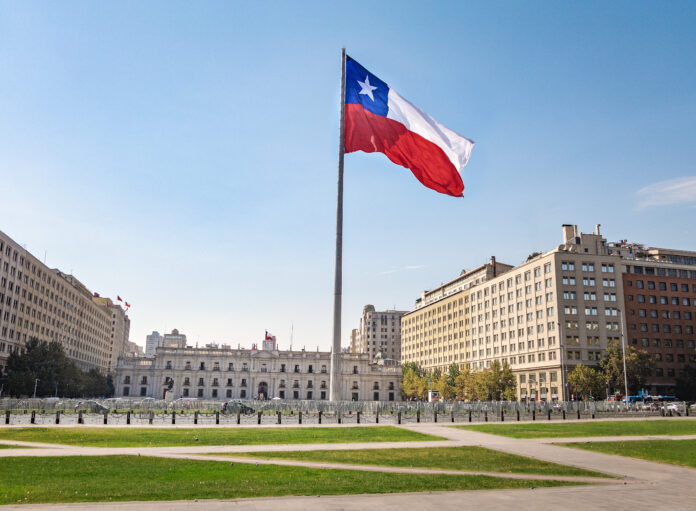
Blockchain technology and Web3 are leaving a significant mark on the digital transformation of different Chilean industries.
In Chile, several industries such as energy, real estate, scientific financing and metallurgy have turned to blockchain technology to improve different areas, such as quality, efficiency, traceability, transparency and security.
During the CriptoSummit 2024 conference, held in Santiago, Chile last month, several companies revealed how they were adopting blockchain to advance digital transformation and stay at the forefront of innovation and technological development.
Tokenization expands in the Chilean scientific industry
One of these companies was Mushroom Protocol, which promotes a project focused on financing biotechnology startups in LATAM through blockchain technology.
This company allows biotech companies to raise funds and access financing through the tokenization of scientific assets. On its website, the company emphasizes that tokenization has become a powerful tool for accelerate the development of biotechnology and promote the democratization of science.
The blockchain allows the scientific community to have greater participation in funding processes and important decision-making. This is thanks to the fact that facilitates the IP-NFT creation, which are non-fungible tokens or NFTs that represent intellectual property, and which provide scientists with a new structure to both demonstrate their intellectual property rights and access more direct sources of funding to support their scientific discoveries and research.
Real estate, energy and blockchain
Reity, a real estate tokenization platform, also shared its experience in the blockchain industry at the CriptoSummit 2024 conference.
Francisco Pérez, the company's chief product officer (CPO), explained how blockchain technology and tokenization are Improving investor accessibility to the real estate market. He stressed that the creation of real estate assets in the chain allows the fractionation of properties, which favors the entry of more investors through ownership of the tokens.
Real estate tokenization also improves property financing and management, Perez noted.
On the other hand, Zero Trade, a tokenized climate asset platform that operates a blockchain-based climate certification marketplace, emphasized that the application of this disruptive innovation is transforming the climate asset market in Latin America, accelerating its development and expansion. Cero Trade, which pursues offsetting of companies’ carbon footprint, is creating an application based on the Internet Computer Protocol (ICP) chain.
Other industries are exploring Blockchain
In addition to the companies mentioned above, blockchain technology has also been expanding into other industries such as the metallurgical industry. In 2021, Codelco, the state-owned company dedicated to copper mining and exploitation in Chile, revealed that it was using blockchain technology to improve document traceability and speed up payment processes, while providing transparency and security.
Likewise, in 2022, the National Electrical Coordinator (CEN), which operates the country's national electricity system, presented a program called Renova, focused on tracking renewable energy through records on the blockchain.
Other Chilean companies have also been developing ingenious solutions based on blockchain technology, exposing the enormous potential of this innovation to accelerate the transformation of industries as we know them. One of the blockchain use cases most explored by different companies is tokenization, which among many advantages, allows for improved management efficiency, simplified processes, reduced costs, eliminated intermediaries and provided a greater degree of transparency and traceability in any sector.
Continue reading: Moody's recognizes advantages in tokenization to transform financial markets



